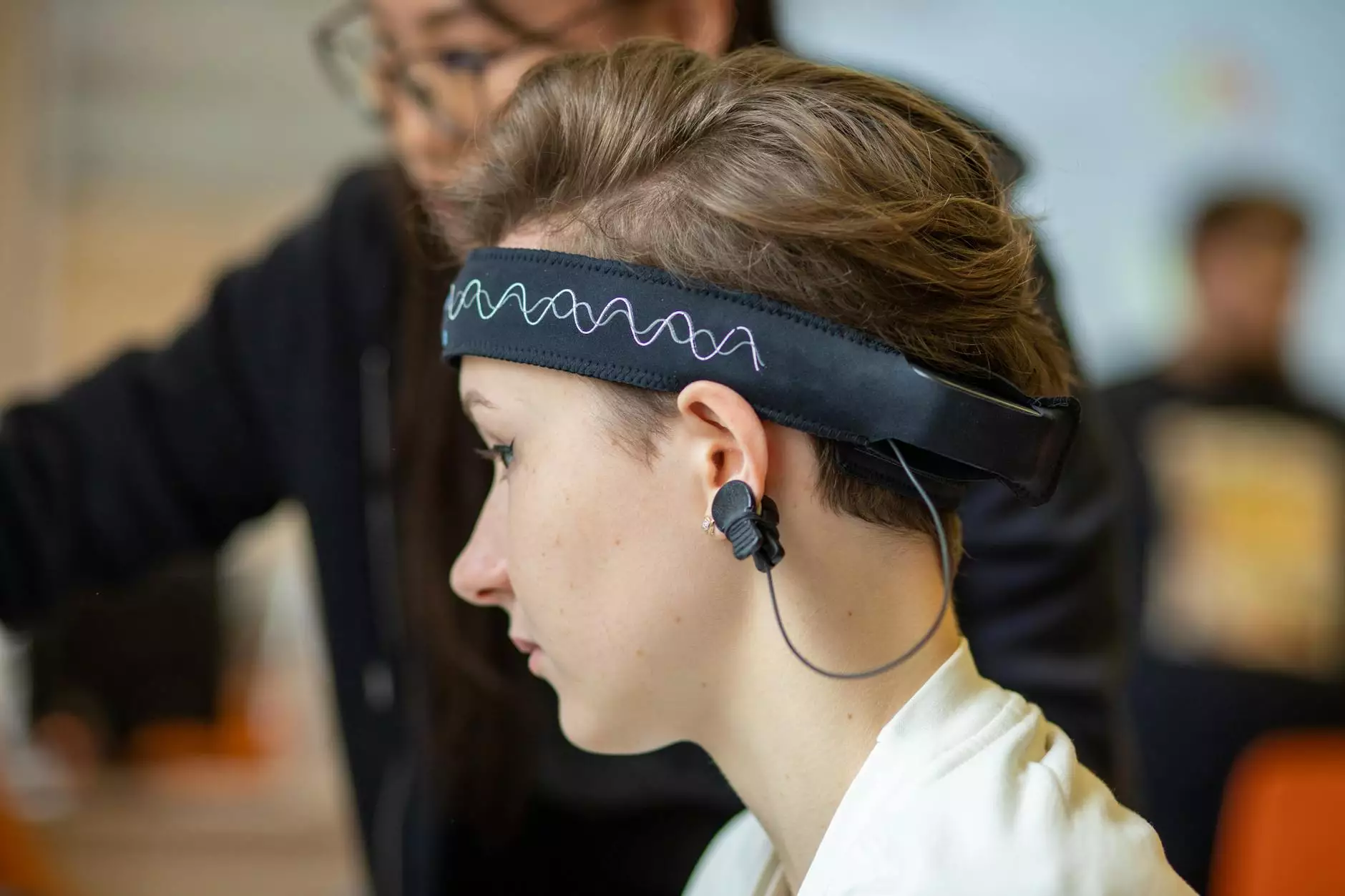The Transformative Power of Business through Neuroscience

The business world is constantly evolving, and those who embrace innovation and understanding of human behavior can often gain a significant advantage. The intersection of business and neuroscience presents exciting opportunities for organizations aiming to optimize their operations, enhance employee performance, and improve overall well-being. In this comprehensive guide, we will delve into how Mindcare Neuroscience applies these principles to revolutionize business practices.
Understanding Neuroscience: The Foundation of Business Psychology
Neuroscience, the study of the nervous system, particularly the brain, provides crucial insights into human behavior and decision-making processes. Businesses that leverage this knowledge can foster environments that not only enhance productivity but also support mental health and well-being.
The Science Behind Decision Making
Understanding how our brains function during the decision-making process can provide profound insights into what drives consumer behavior and employee performance. Key concepts include:
- Emotional Influences: Emotions significantly impact decisions. Positive work environments that promote happiness and reduce stress can lead to better decision-making.
- Neuroplasticity: The brain's ability to adapt and change can be harnessed through training programs that focus on skill development and emotional resilience.
- Reward Systems: Understanding the brain’s reward systems can enhance motivation among employees, increasing engagement and productivity.
Implementing Neuroscience in Business: Strategies for Success
Companies, especially those like Mindcare Neuroscience, that integrate neuroscience into their business strategies can gain a competitive edge. Here are some practical approaches:
1. Creating a Positive Work Environment
A supportive and healthy work environment is essential for fostering productivity. Companies can:
- Implement flexible work schedules to accommodate different work styles.
- Encourage collaboration and open communication among employees to build trust.
- Utilize mindfulness practices to help reduce stress and enhance focus.
2. Leveraging Employee Well-Being Programs
Employee well-being is critical to sustaining high performance. Effective programs might include:
- Stress Management Workshops: Helping employees learn coping strategies to manage stress effectively.
- Physical Health Initiatives: Encouraging regular breaks, exercise programs, and mental health days.
- Professional Development: Offering training that focuses on emotional intelligence and leadership skills.
3. Data-Driven Decision Making
Using neuroscience-backed data to inform managerial decisions can lead to better outcomes. Businesses can:
- Analyze employee feedback and survey results to understand team dynamics.
- Utilize performance metrics to identify areas for improvement in training and development.
- Incorporate consumer neuroscience studies to gain insights into customer preferences and behaviors.
Enhancing Customer Experience through Neuroscience
Understanding how customers think and feel is critical for businesses seeking to improve their services and products. The key lies in:
1. Neuromarketing Techniques
Neuromarketing utilizes neuroscience principles to understand consumer behavior, and it can be employed to:
- Design Effective Advertising: Creating campaigns that resonate emotionally with audiences.
- Optimize Product Placement: Learning how visual and sensory cues influence purchasing decisions.
2. Building Brand Loyalty
Brand loyalty is cultivated through emotional connections. Businesses can enhance loyalty by:
- Consistently delivering value and experience that satisfy customer needs.
- Engaging customers through personalized marketing strategies based on their preferences.
- Creating a community around the brand, fostering a sense of belonging among customers.
The Role of Leadership in Neuroscience-Driven Business Practices
Leadership plays a pivotal role in shaping a business culture that embraces neuroscience. Leaders can:
1. Model Emotional Intelligence
Leaders who exhibit strong emotional intelligence can motivate and inspire their teams. This includes:
- Recognizing and managing their own emotions.
- Understanding the emotional needs of their employees.
2. Foster Continuous Learning
Creating a culture of continuous learning based on neuroscience principles encourages growth. Leaders can:
- Encourage ongoing education and training opportunities.
- Promote a growth mindset within the organization to motivate teams to embrace challenges.
Conclusion: The Future of Business through Neuroscience
As we continue to explore the impactful relationship between business and neuroscience, it is clear that understanding the brain's mechanics can lead to enhanced performance, employee satisfaction, and customer loyalty. By embracing these insights, businesses can create a culture that not only thrives on productivity but also champions well-being.
Mindcare Neuroscience stands at the forefront of this exciting movement, offering innovative solutions and insights to help businesses embark on this transformative journey. Through the application of neuroscience in every facet of operations, organizations not only position themselves for success but also foster environments where individuals can truly thrive.
In our rapidly evolving business landscape, the adoption of neuroscience principles is not just an option; it’s a necessity for those who aspire to excel. Companies that recognize and act upon this will not only survive but also flourish in the future. By investing in understanding the human brain, we can unlock a wealth of potential that bridges the gap between personal fulfillment and professional achievement.
For more information on implementing neuroscience in your business practices, explore our offerings at Mindcare Neuroscience.
https://www.mindcareneuroscience.com.au








